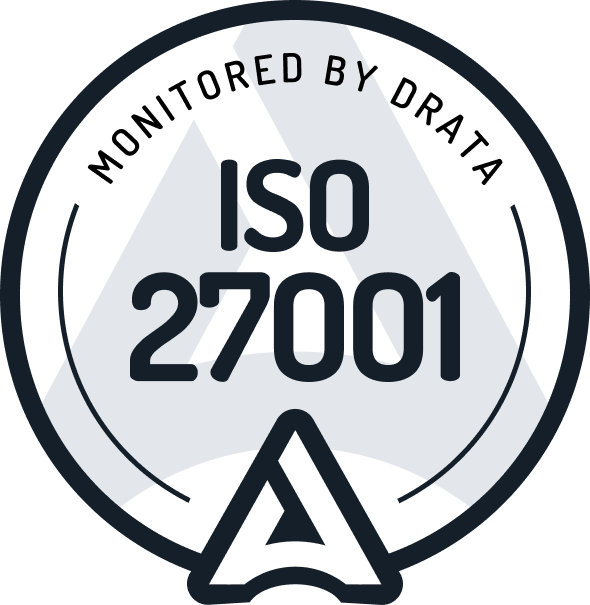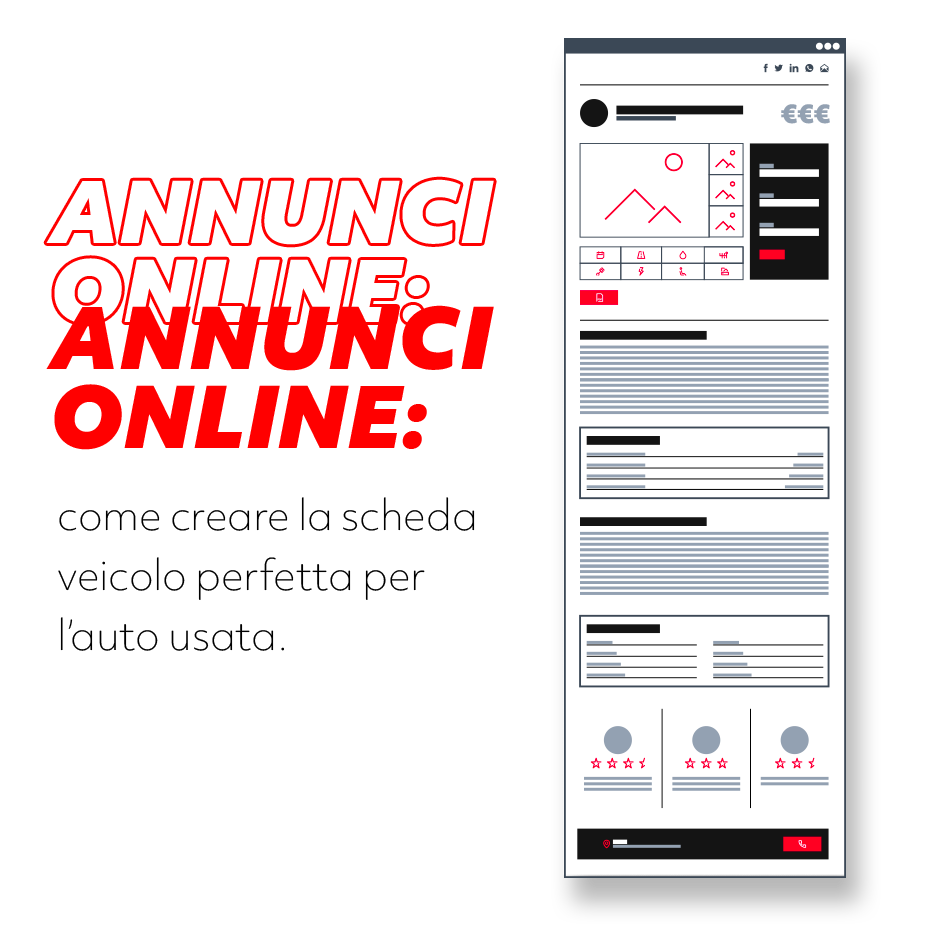The increase in digital experience within the process of choosing, buying and using the car is a phenomenon for all to see. Privileged observers such as Google or Facebook confirm what we at MotorK have detected for years: most of the time spent in the search and selection of the car is spent online. Borrowing rules and habits typical of online shopping, it is now automatic for the average customer to want to add digital touchpoints throughout the car purchase process. Consequently, the dealership that aims to improve sales, profitability and customer satisfaction must necessarily understand how to improve its virtual presence and the digital experience offered to the customer, (perhaps) even more than the activities in the store.
All this also means that the website will have to transform itself, from a simple showcase, both into a collector of lead generation activities and into a platform where digital activities aimed at the customer converge. In short, it will have to be a virtual sales point, without necessarily making ecommerce. This is possible only with in-depth knowledge of the customer: his needs, tastes and habits hide opportunities for improving the shopping experience but also, for example, for strengthening the dealer’s business in the post-sales phase
The integration of data to support sales
But how can we reach this level of knowledge? The debate on technology issues is focused today on the so-called data-driven performance: as many say today, “data is the new oil” and represent a strategic variable to better understand who the customer is, what he wants and what requires during the purchase.
Automotive companies today have the opportunity to have a data-driven approach, to exploit the treasure of the data held by using it effectively in the decision-making process. The most innovative strategies to improve customer interaction and the number of sales of vehicles and services must necessarily pass more and more under the lens of data, which are not a simple technical factor, but are now a strategic pillar of the business.
For this to be possible, it is necessary to leverage technologies, and push towards the so-called data integration: technology providers for the world of dealers must integrate with each other, allow a simplified dialogue between their applications, avoiding redundancies and code duplications.
For some time now we have been working together with the main DMS operating in Europe to guarantee dealers open and perfectly integrated technologies that, for example, give the opportunity to query the databases of cars and customers in real time, allowing the identification of the cars that respond to prospect requests; or allow you to automatically feed the multi-publication system of the cars on the online marketplaces.
I say this openly: the future of distribution will be increasingly linked to the sharing of data between companies in the sector, with a view to integration that will benefit car manufacturers, dealers and consumers.
The advantages of this approach can be manifold: on the one hand, lead management and sales process start-up activities are optimized and speeded up; on the other, customer journeys and customer services become more fluid and integrated. MotorK has already put Machine Learning and Artificial Intelligence systems in support of the distribution chain, but we are convinced that it is necessary to take a step forward: we collaborate and aim at integration with other digital realities on the market with the aim of offering products and even better services.
In this process of automating the requests of potential customers, is there still room for human relationship? The answer is yes, certainly. And that’s where it’s up to the dealer.









